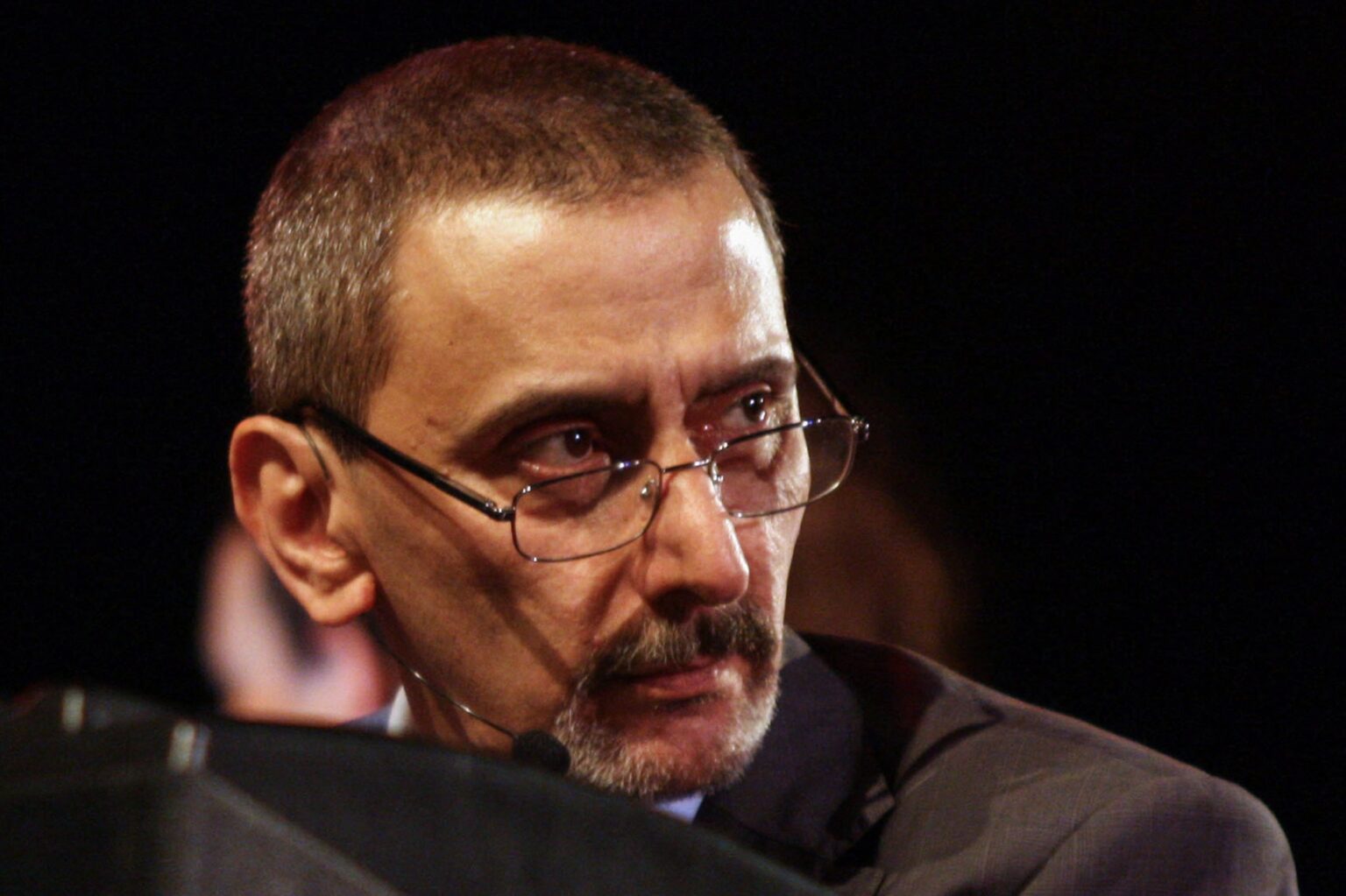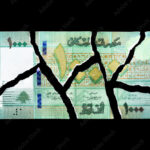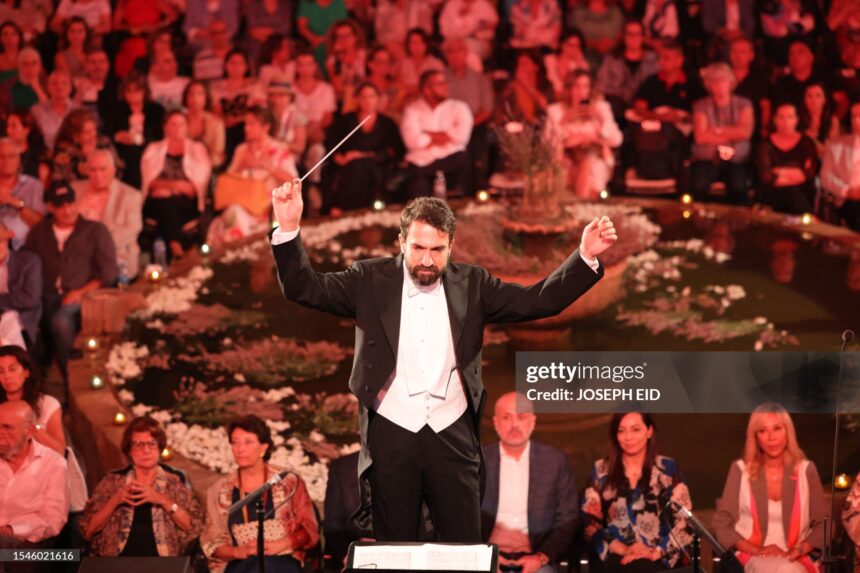In a country often described as trapped in a “dark web” of political paralysis, economic collapse, and media control, Ziad Rahbani’s death is a moment of collective pause and emotional convergence. His legacy provides a reminder of the power of art to transcend sectarianism and political gridlock. This moment of national mourning could foster renewed solidarity and reflection among Lebanese, even if temporarily, providing a unifying cultural touchstone in troubled times.Ziad Rahbani, the legendary Lebanese composer, playwright, pianist, and cultural icon, passed away on July 26, 2025, at the age of 69 due to a heart attack after a prolonged illness. As the son of Fairuz, the revered Arab diva, and Assi Rahbani, one of the founding fathers of modern Arabic music, Ziad was a towering figure in Lebanese and Arab culture—famous for his unique fusion of jazz and oriental music, his sharp political satire, and his role as a voice of the oppressed and marginalized.
His death has profoundly impacted Lebanon, a country long mired in political crisis, economic hardship, and social division. Rahbani’s work, spanning decades, resonated deeply across Lebanese society cutting through sectarian divides, offering critical reflections on Lebanon’s troubled history—from the prelude and aftermath of the civil war to the stubborn dysfunction of contemporary governance. His plays, songs, and public persona inspired multiple generations, combining rebellious spirit, humor, and profound social criticism. Lebanese leaders, including President Joseph Aoun and Prime Minister Nawaf Salam, expressed heartfelt sorrow and highlighted Rahbani as a rebellious voice against injustice and a mirror for the marginalized. They praised his contributions to Lebanese cultural identity, his originality in blending jazz, classical, and oriental music, and his role as a truth-teller who courageously addressed Lebanon’s social and political issues when many did not dare to speak.
The mourning also reflected a shared cultural heritage. Rahbani was the son of Fairuz and Assi Rahbani, monumental figures in Arab music, and his legacy connected generations. His plays and songs, including iconic works like “Film Ameriki Tawil,” captured the Lebanese experience from before the civil war through to its ongoing hardships, resonating deeply with people’s memories and hopes for justice and dignity. Public reactions—from tributes by artists like actress Carmen Lebbos to widespread social media condolences—showed solidarity that momentarily bridged Lebanon’s usual societal fractures
How Ziad Rahbani’s Death Has United Lebanon
Ziad Rahbani was renowned for speaking truth to power, often with a sardonic edge, critiquing Lebanon’s entrenched sectarianism, political paralysis, and social injustices. His work was celebrated by people across all political and sectarian spectrums, making his passing a rare moment of collective mourning in a fragmented country. Lebanese leaders including President Joseph Aoun and Prime Minister Nawaf Salam publicly expressed heartfelt condolences, praising Rahbani as “a voice that rebelled against injustice” and “a free voice committed to justice and dignity”.
Rahbani’s compositions and theatrical productions have long been part of Lebanon’s cultural fabric and national consciousness. From his jazz-infused music to iconic plays like “Film Ameriki Tawil” (The American Motion Picture) that satirized society, his art encapsulated the Lebanese experience in ways few others could. His passing stirred widespread nostalgia and reflection on Lebanon’s identity beyond political divisions, reinforcing a sense of shared heritage and collective memory. Public figures, artists, activists, and ordinary citizens took to social media and public memorials to share their grief and appreciation. The Lebanese actress Carmen Lebbos, Rahbani’s former partner, lamented Lebanon’s deep loss and the void now left in its cultural life. Funerals and tributes drew people from diverse backgrounds, momentarily bridging societal fractures.
Beyond his artistic talents, Rahbani was known as a political commentator and activist affiliated with leftist causes. He gave voice to people’s pain during Lebanon’s wars and crises. His life and work serve as an emblem of resistance against oppression and injustice. His death has rekindled discourse around Lebanon’s ongoing struggles and inspired calls for unity and reform amidst the prevailing darkness in Lebanese politics and society.
Ziad Rahbani’s passing unites Lebanon in mourning a titan of its cultural and political conscience. Revered across generations and political divides, his death is not only a loss of a gifted artist but also the silencing of a voice that spoke for justice, freedom, and national identity. This shared grief momentarily cuts through Lebanon’s often divisive landscape, drawing people together around a collective legacy and hope for a more just and united future.
























